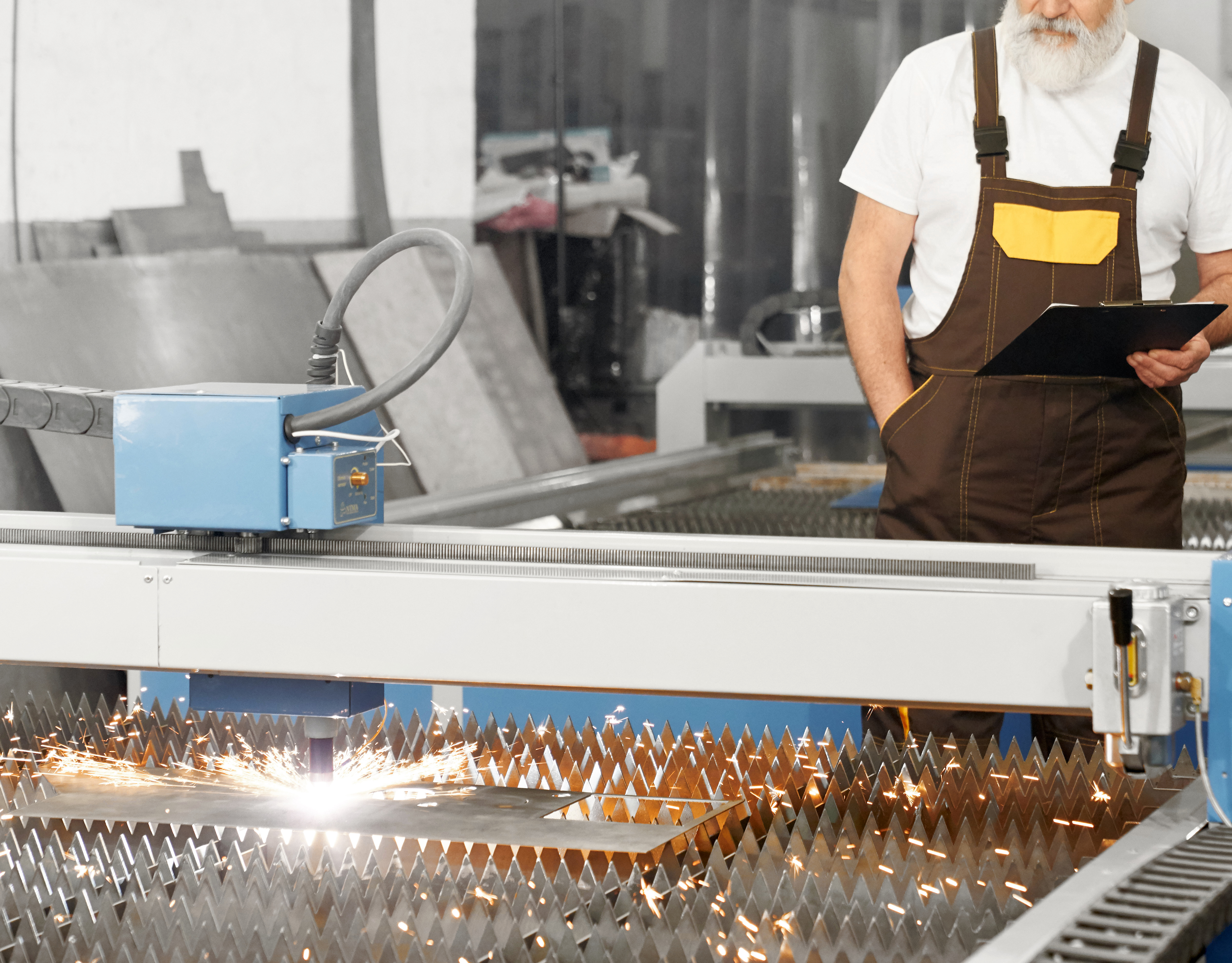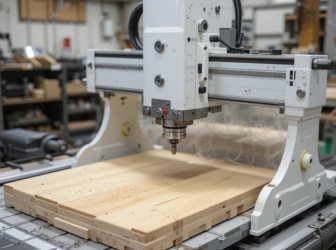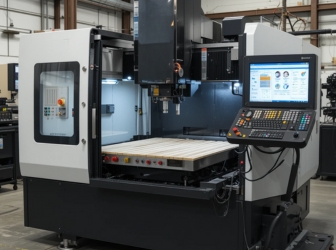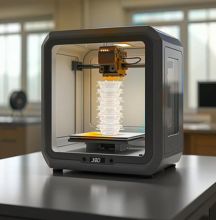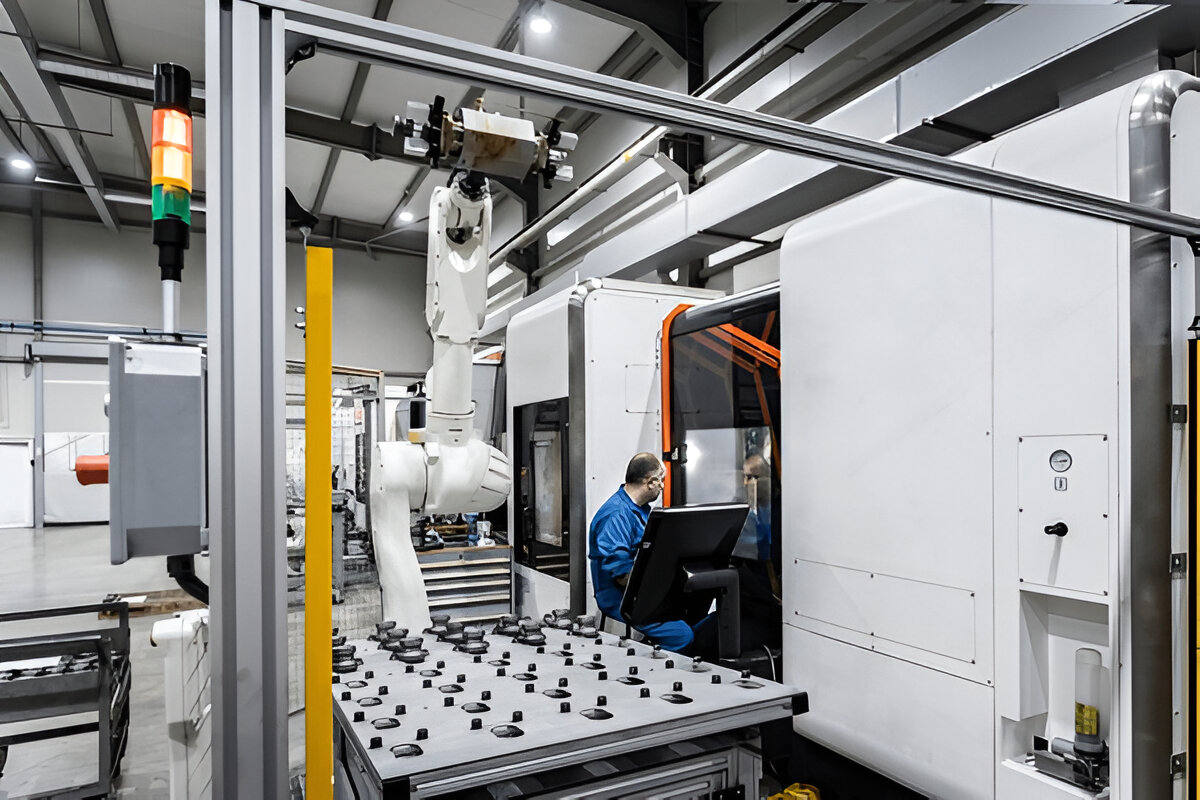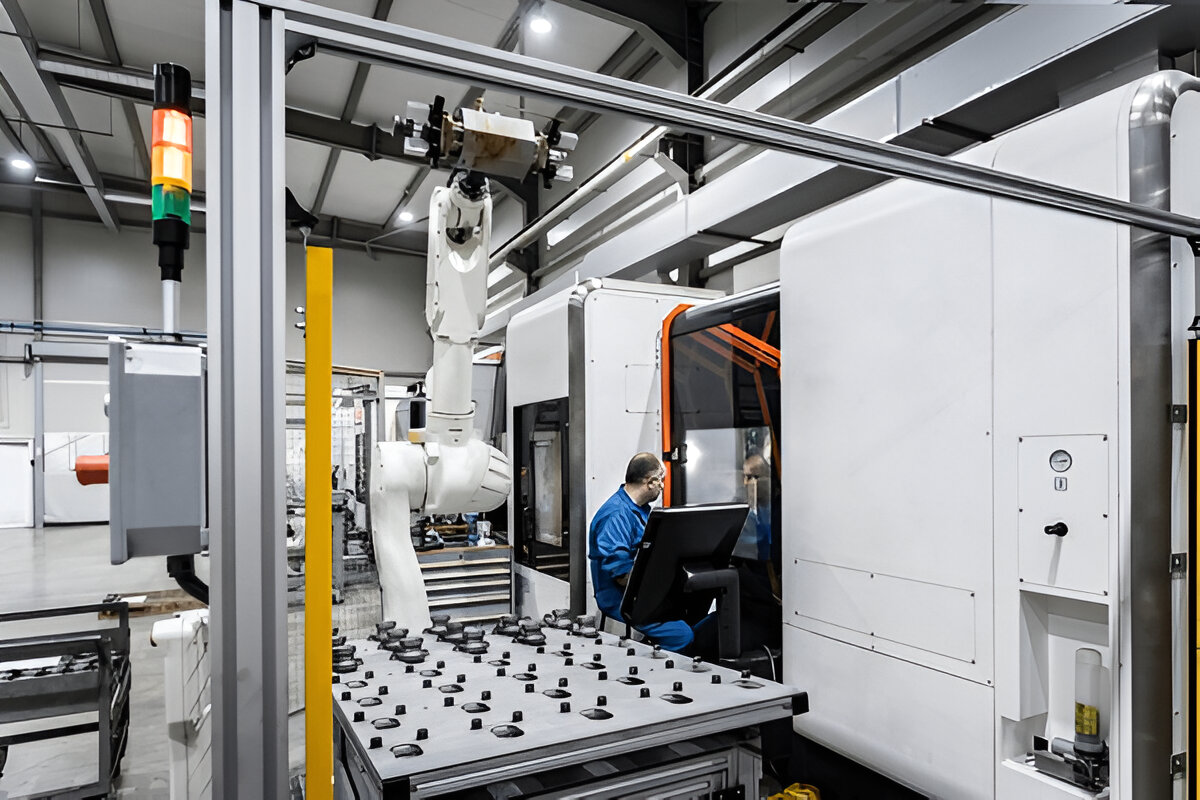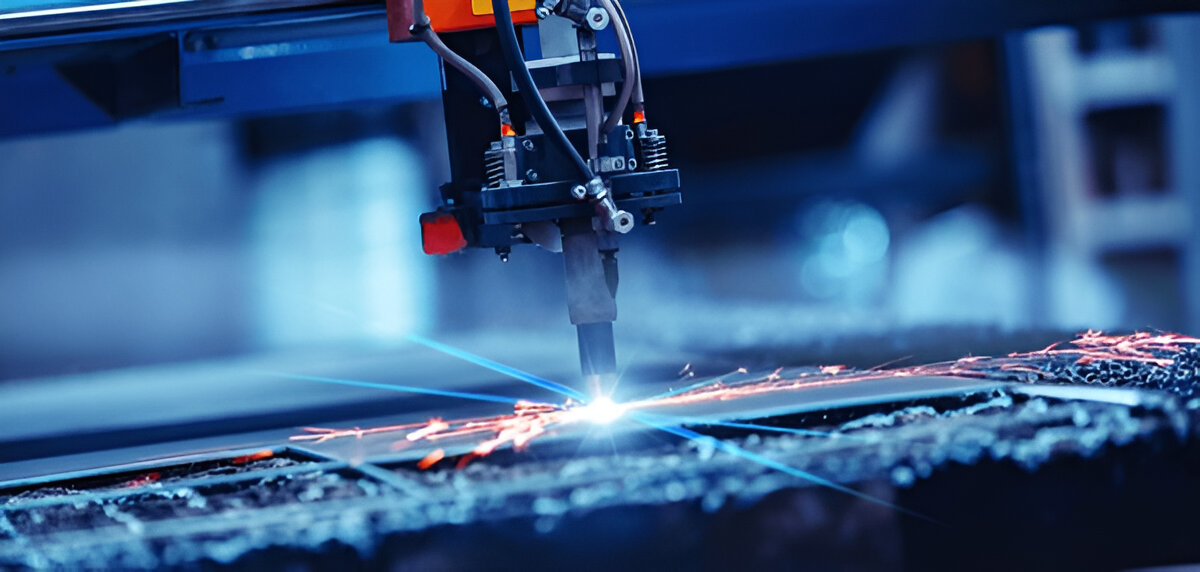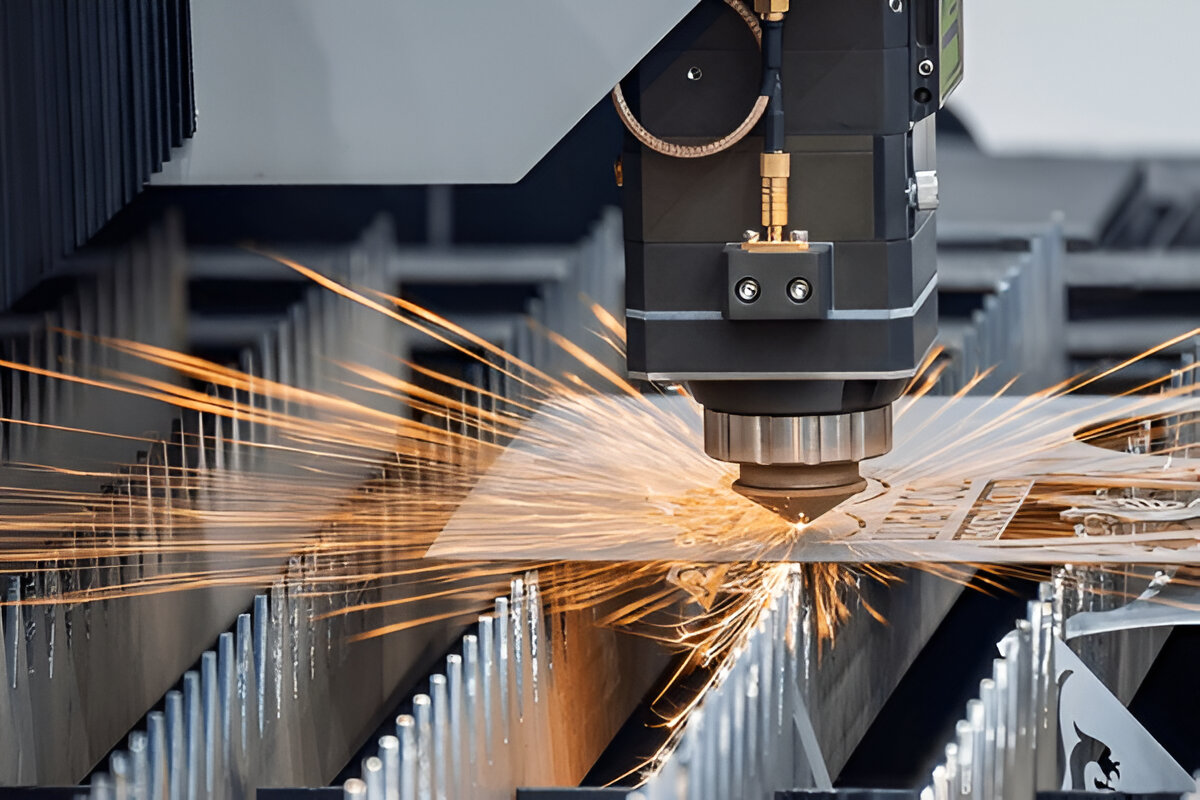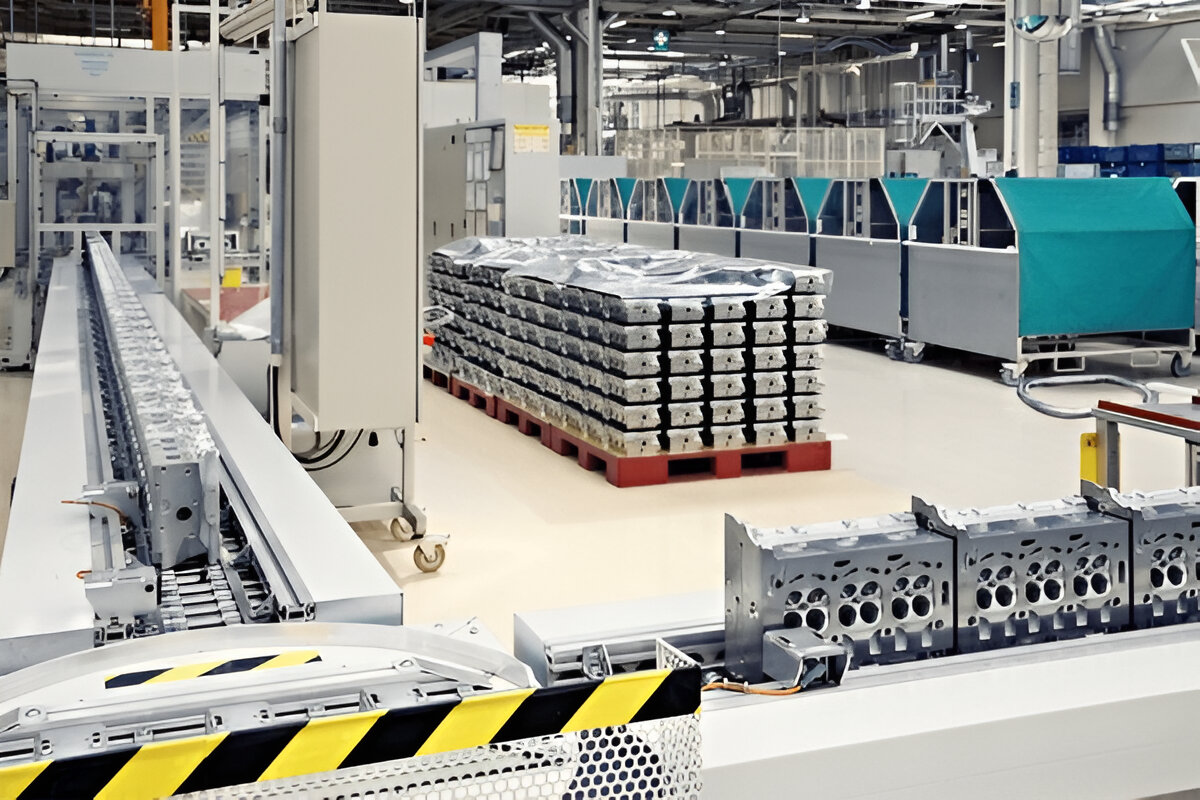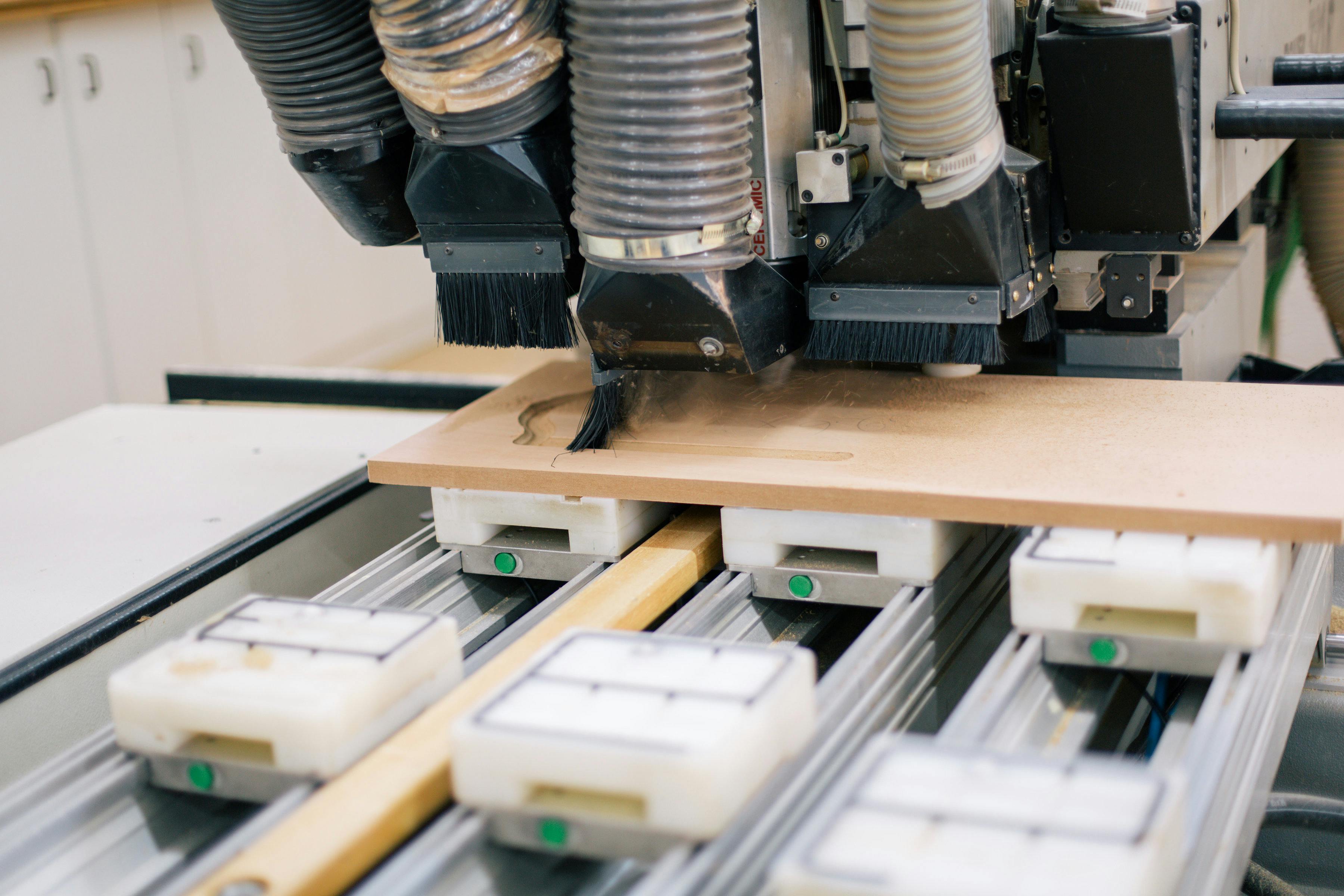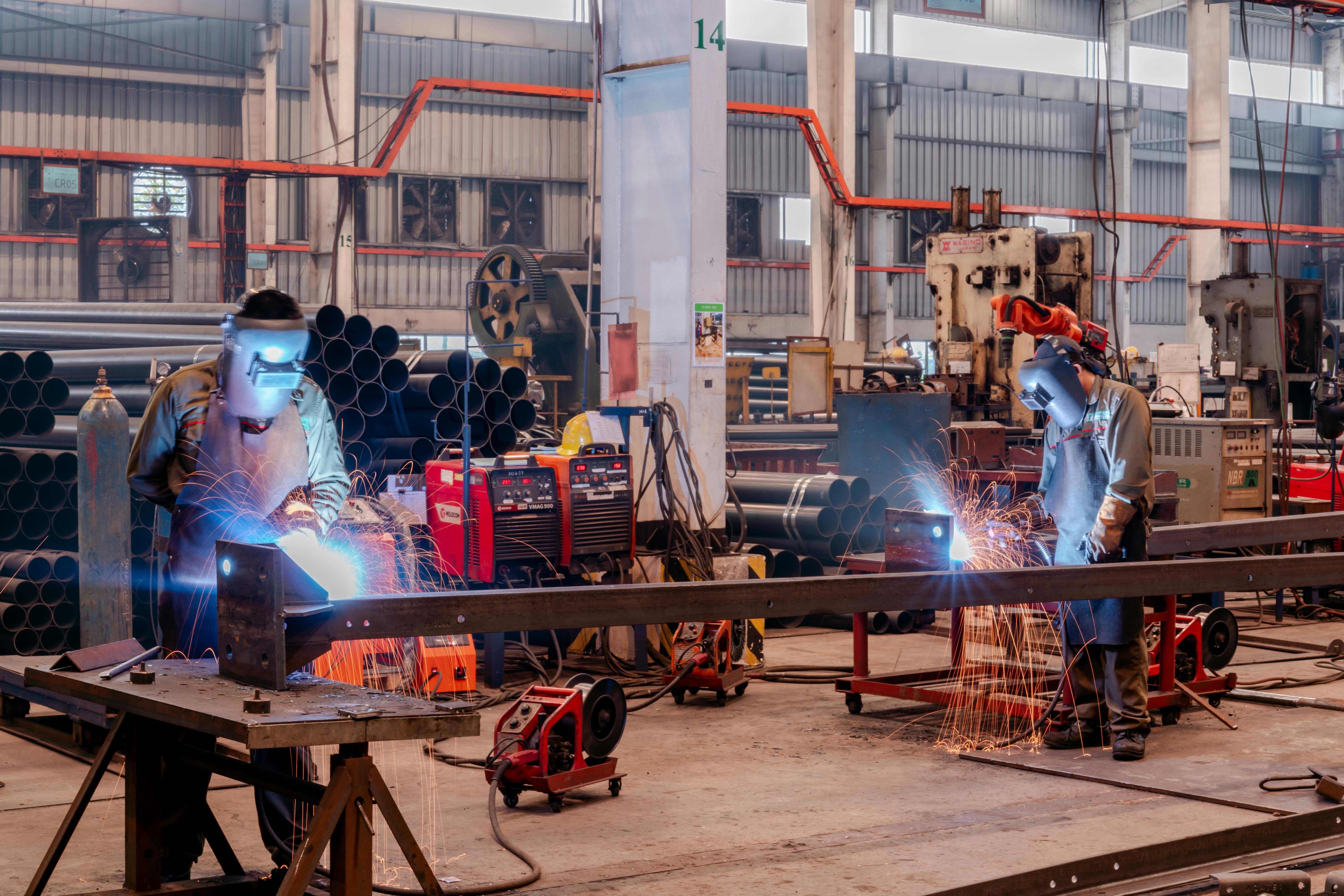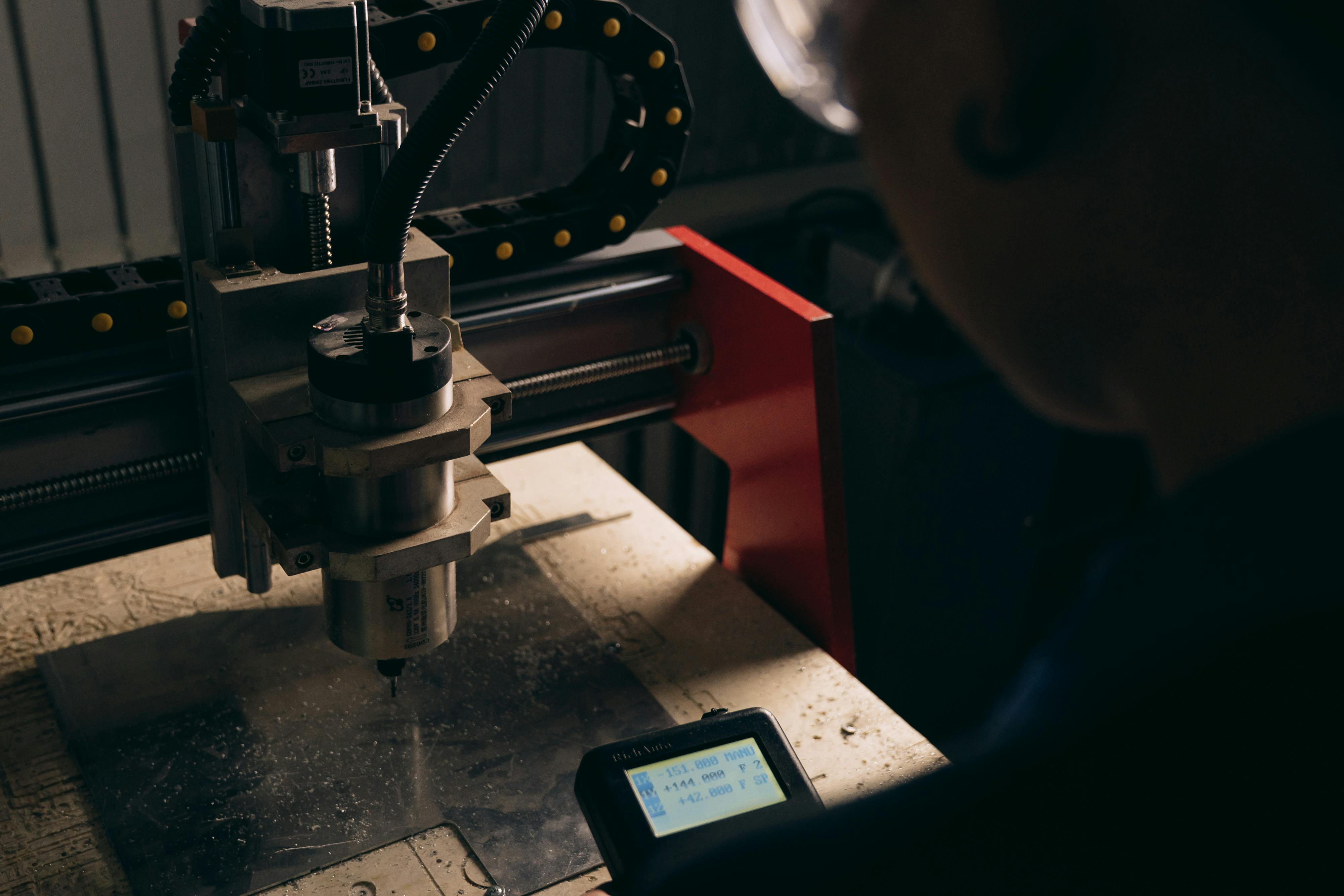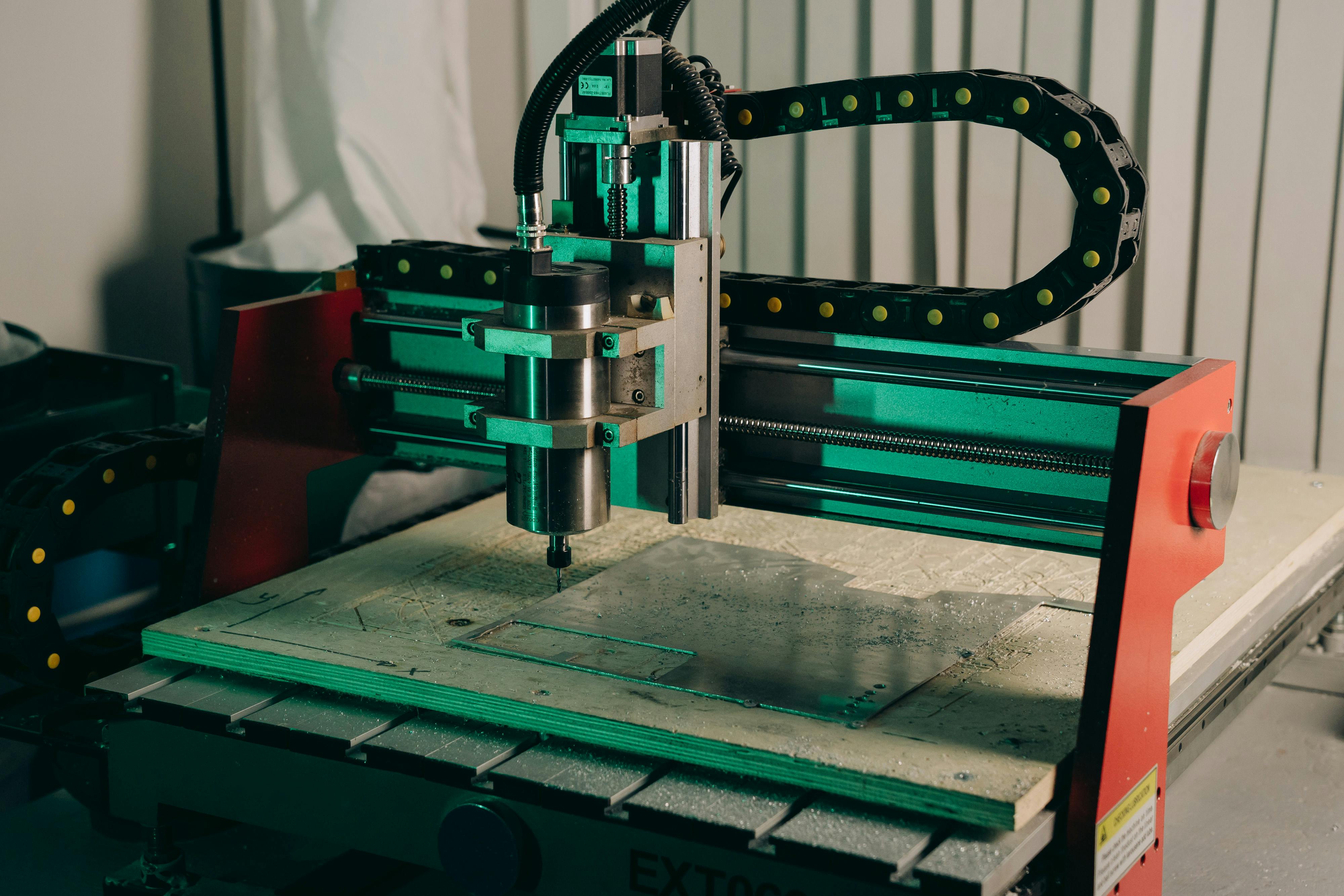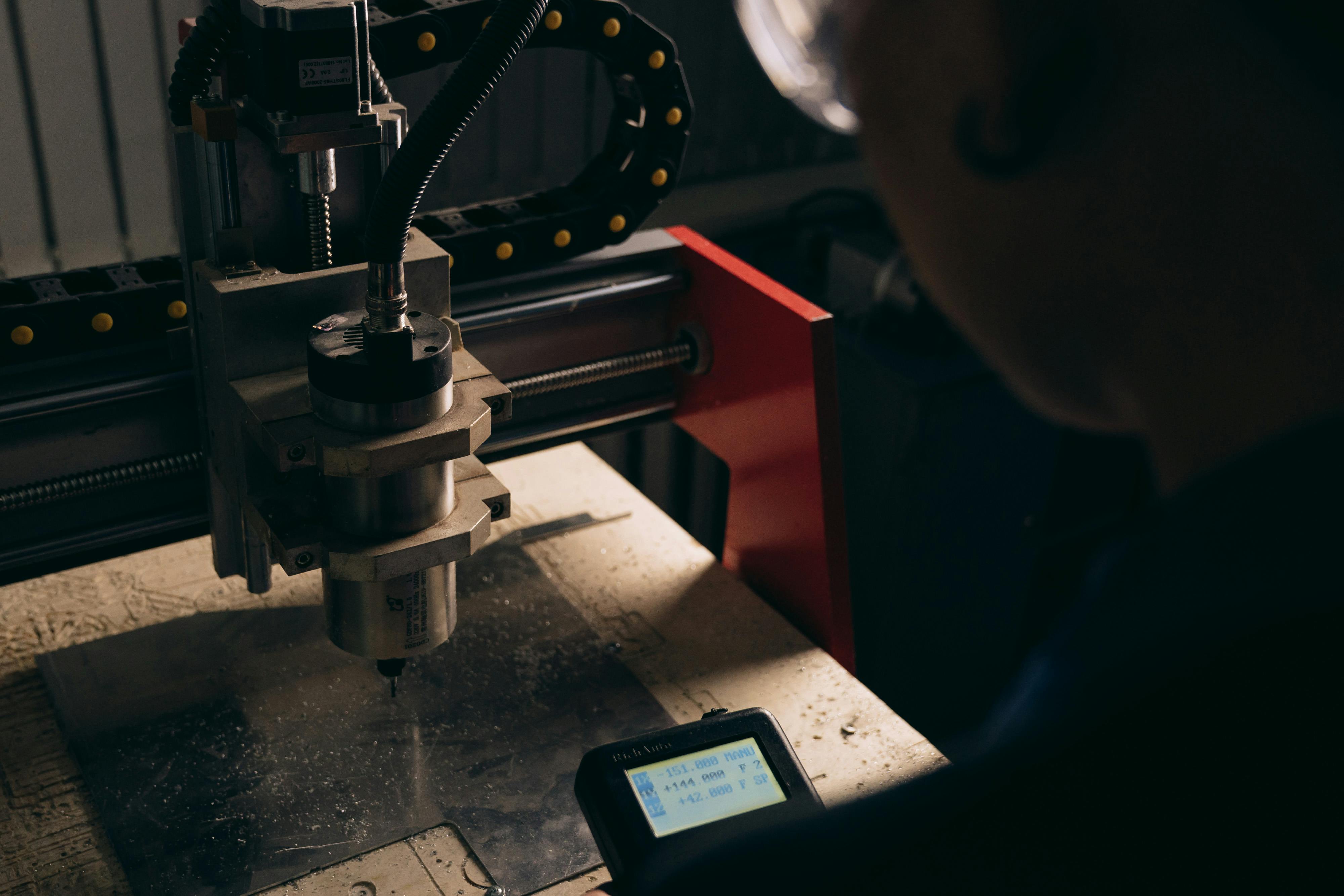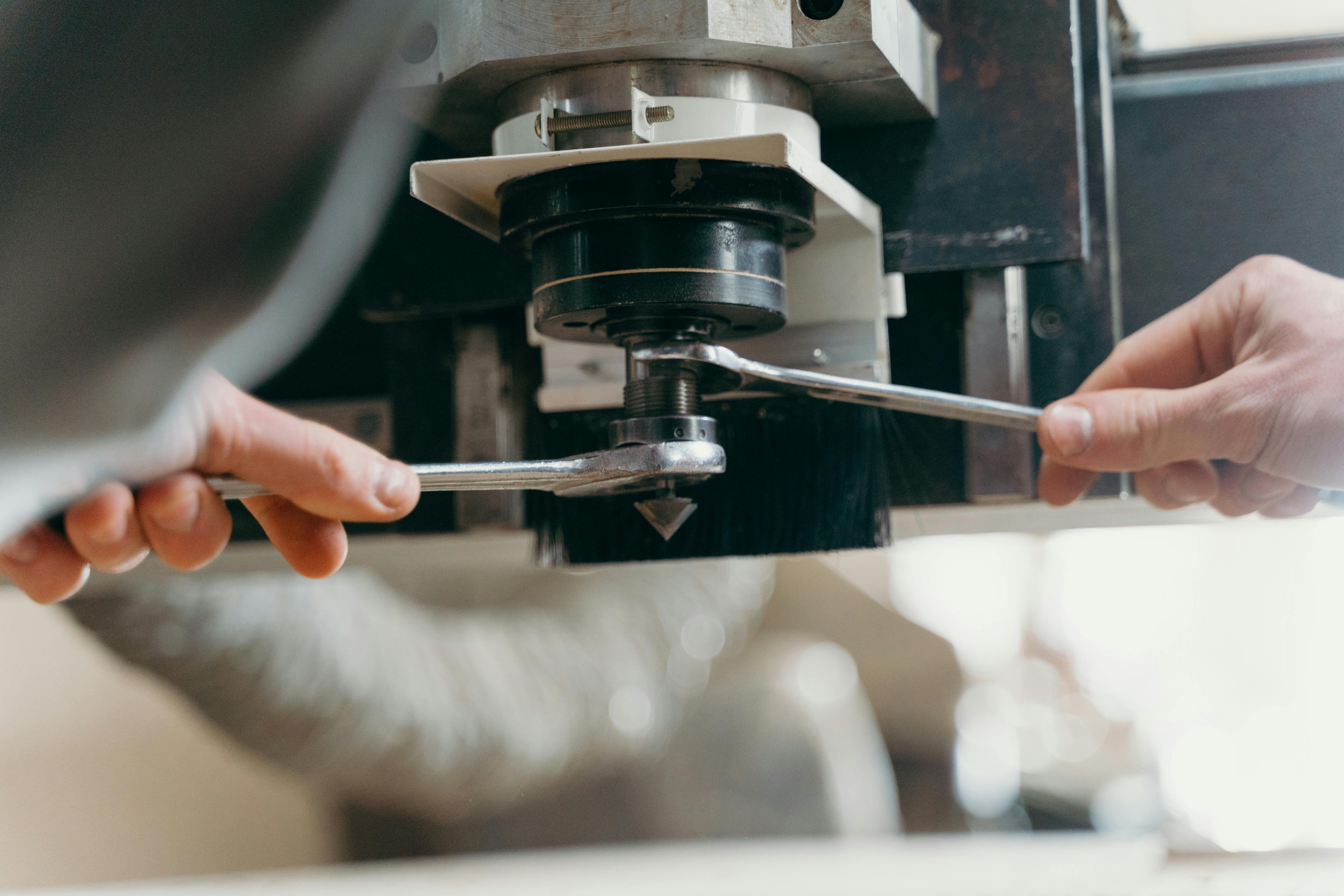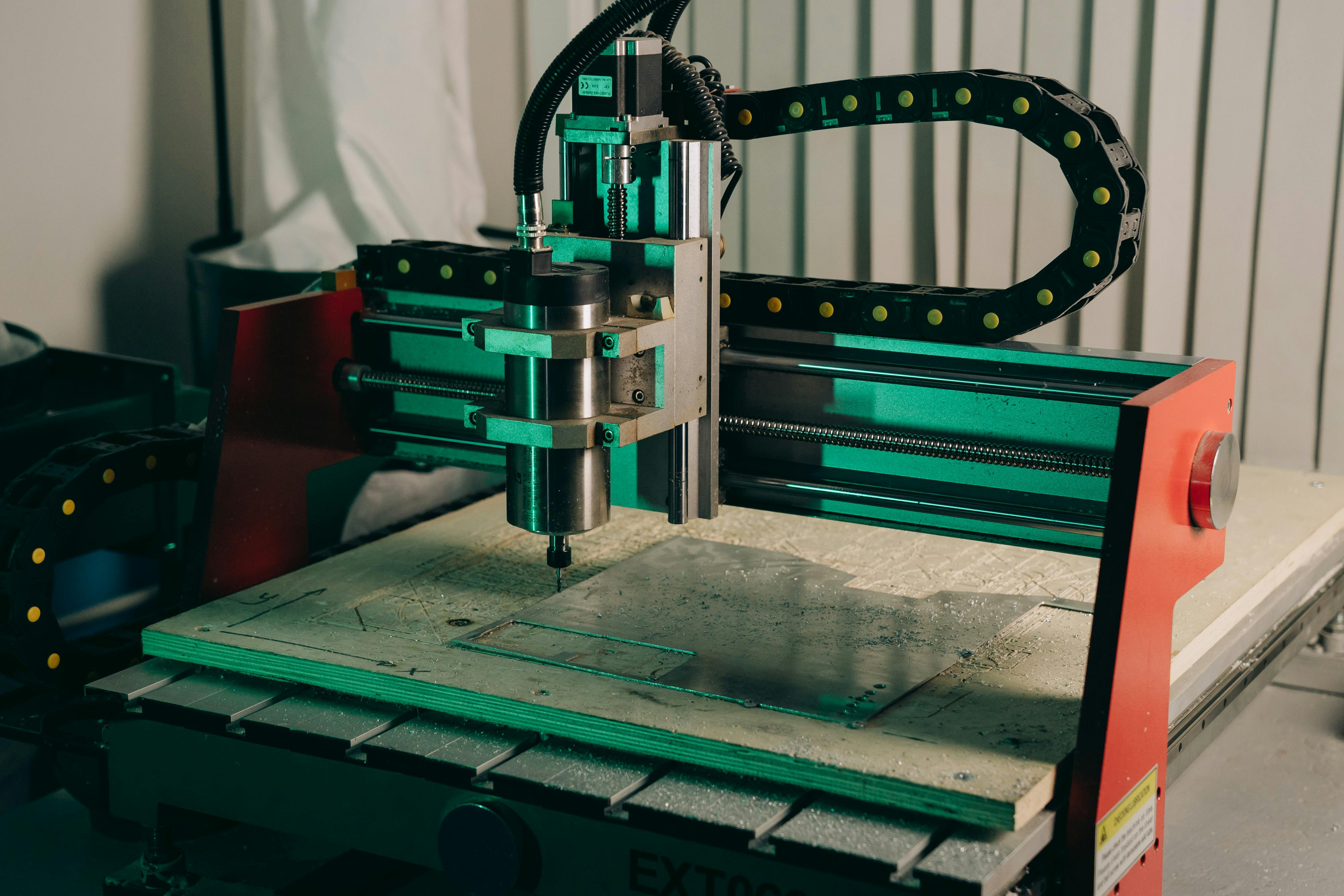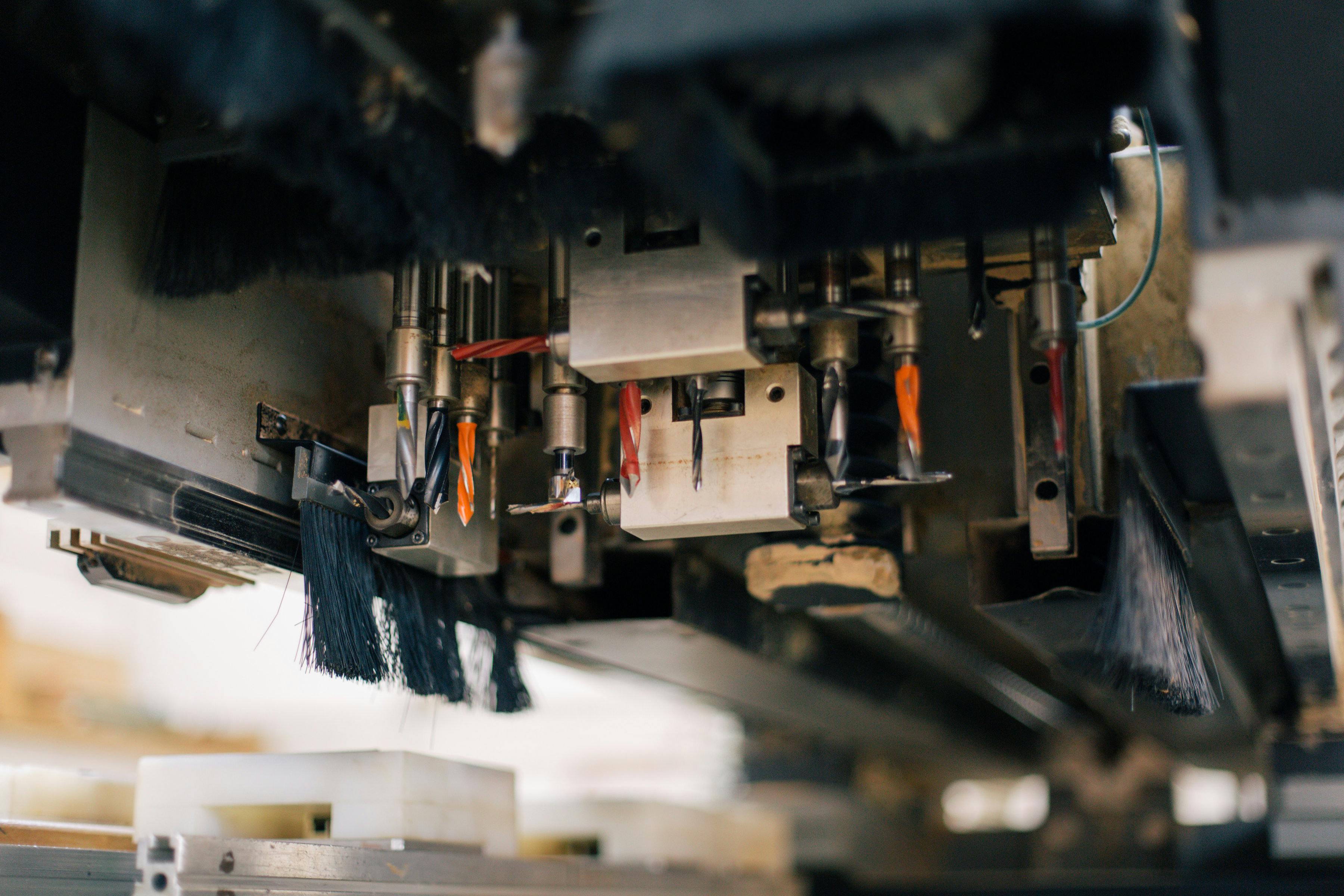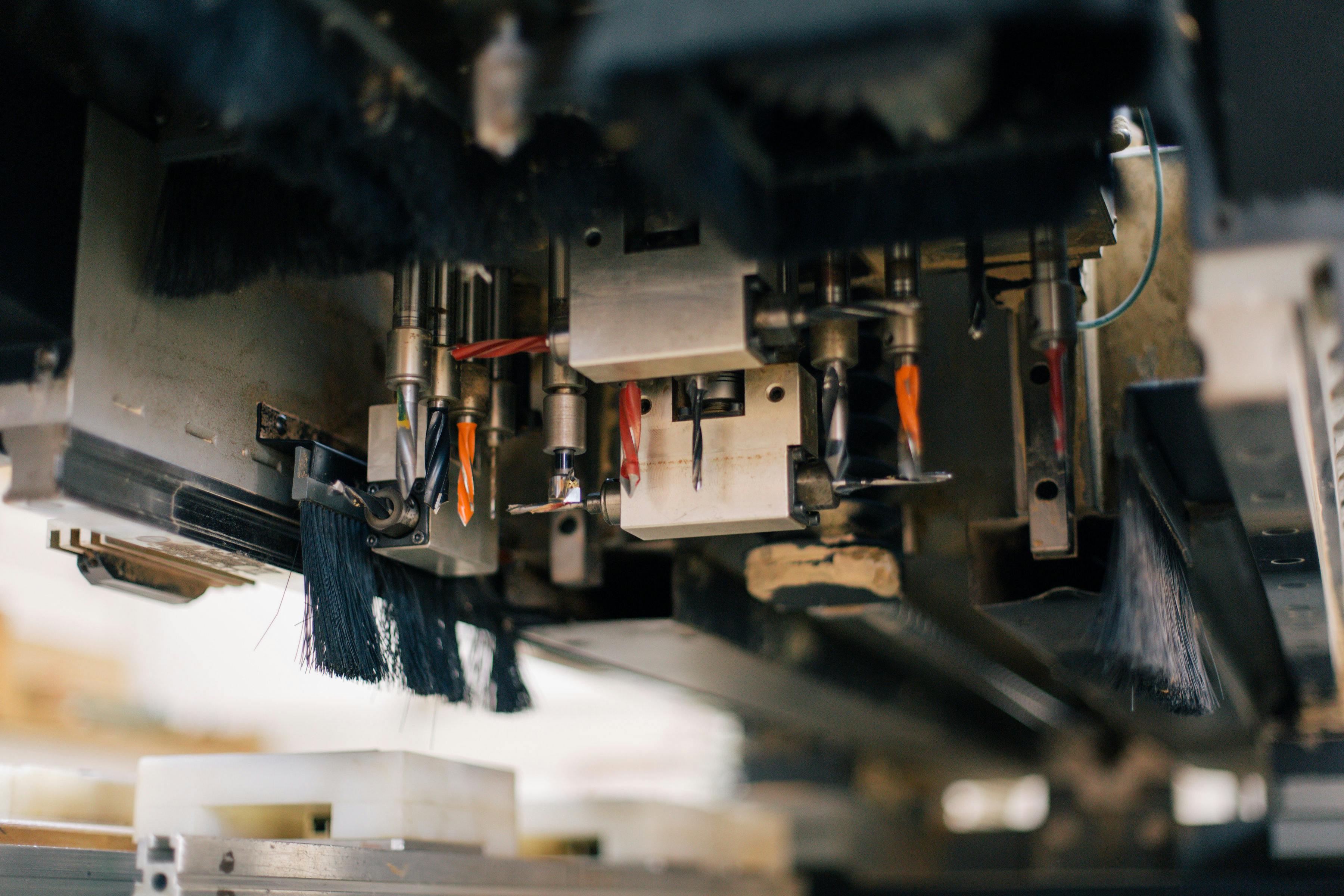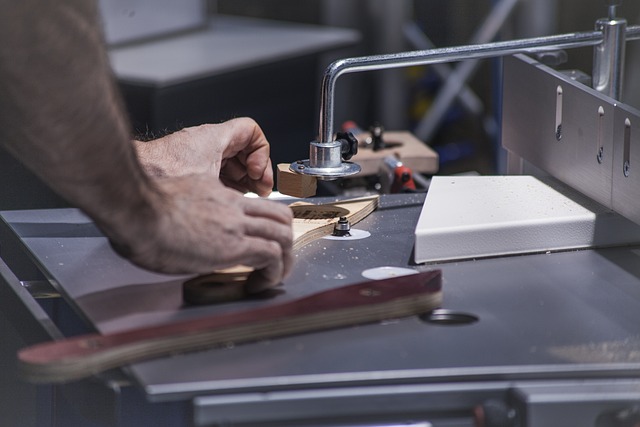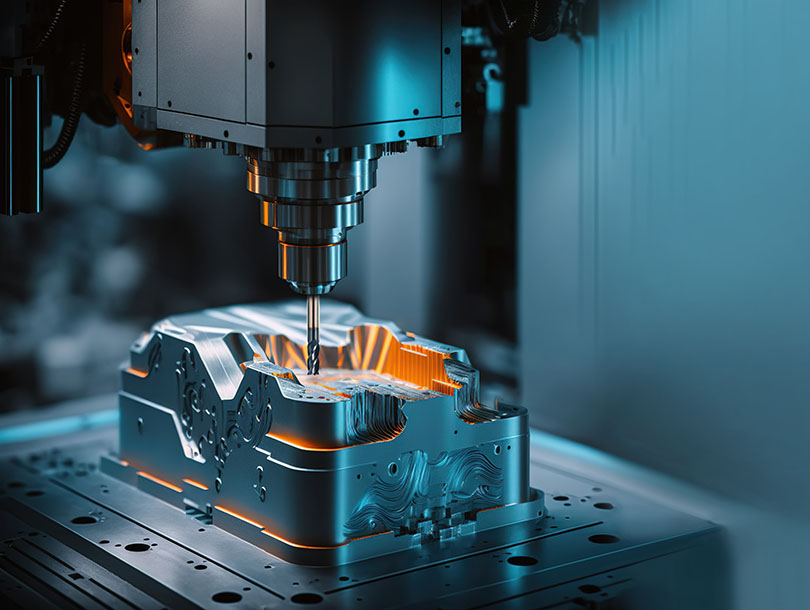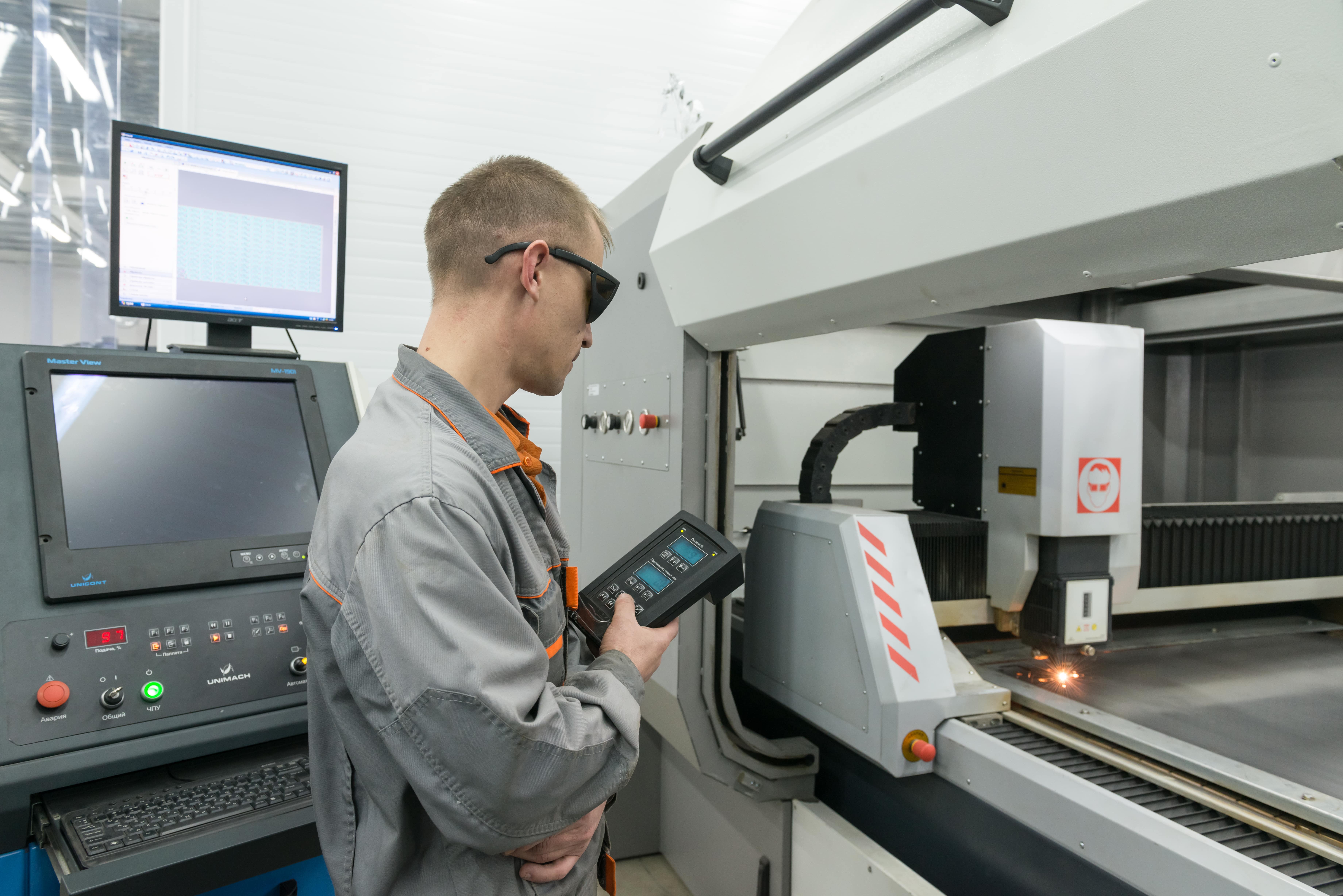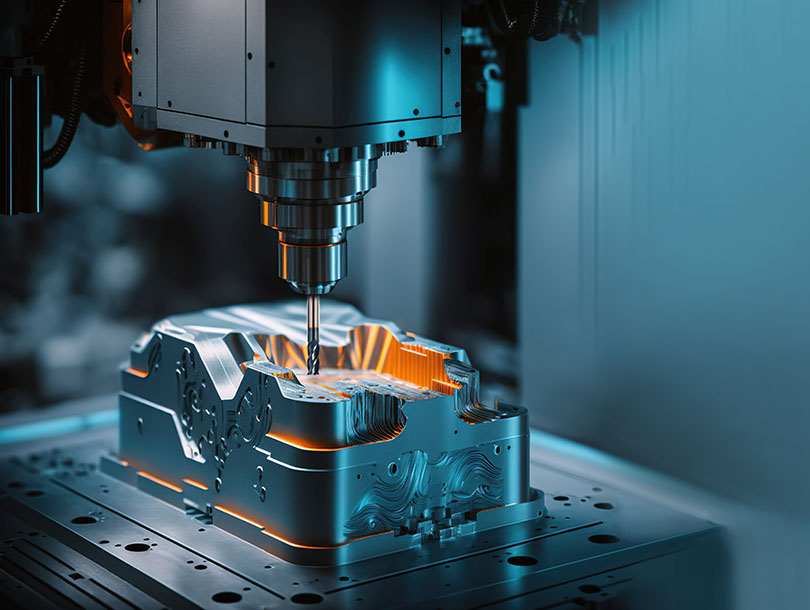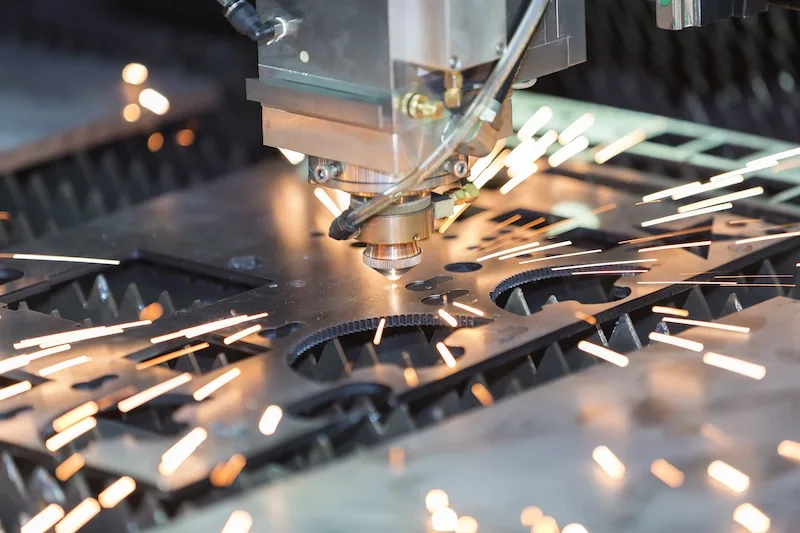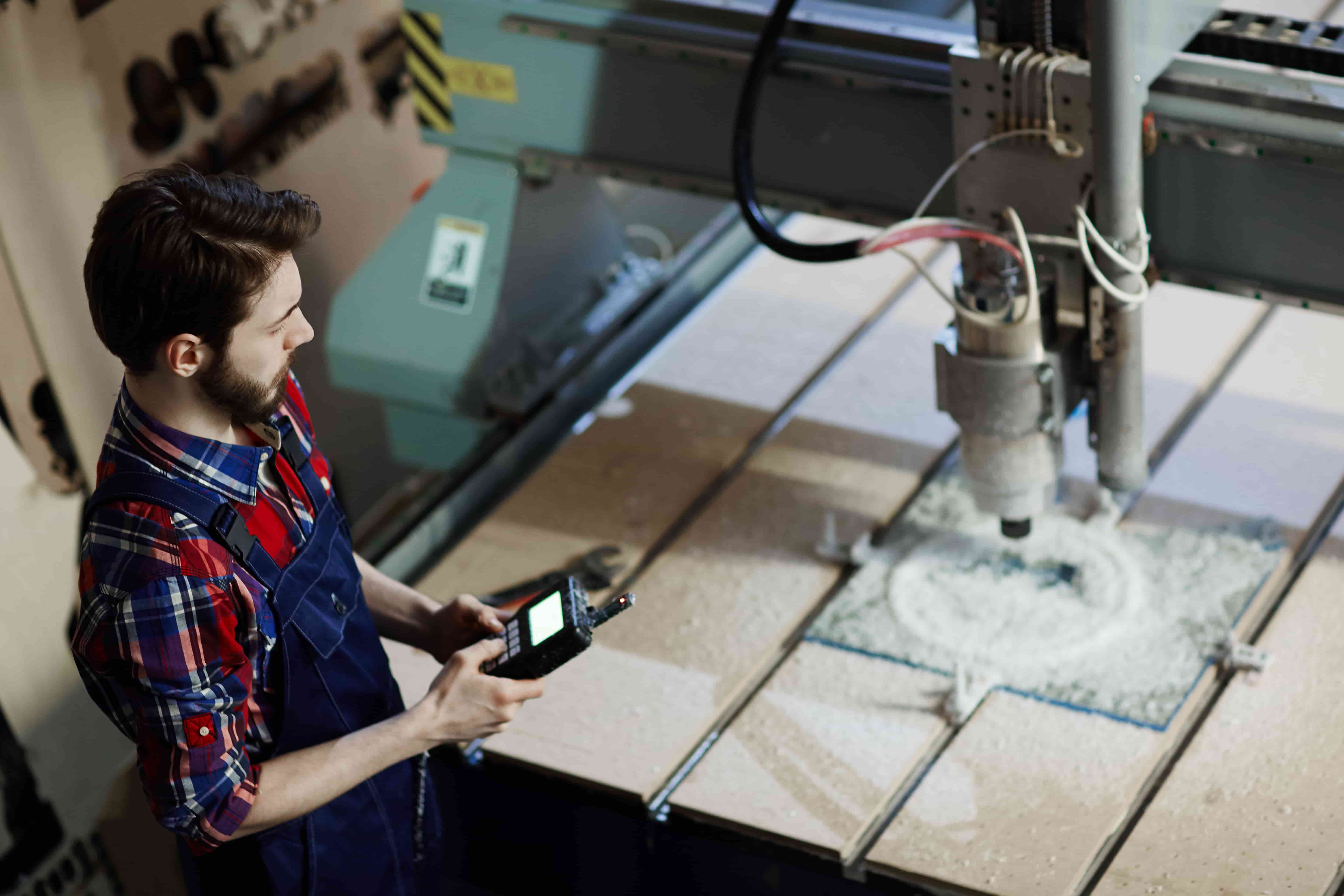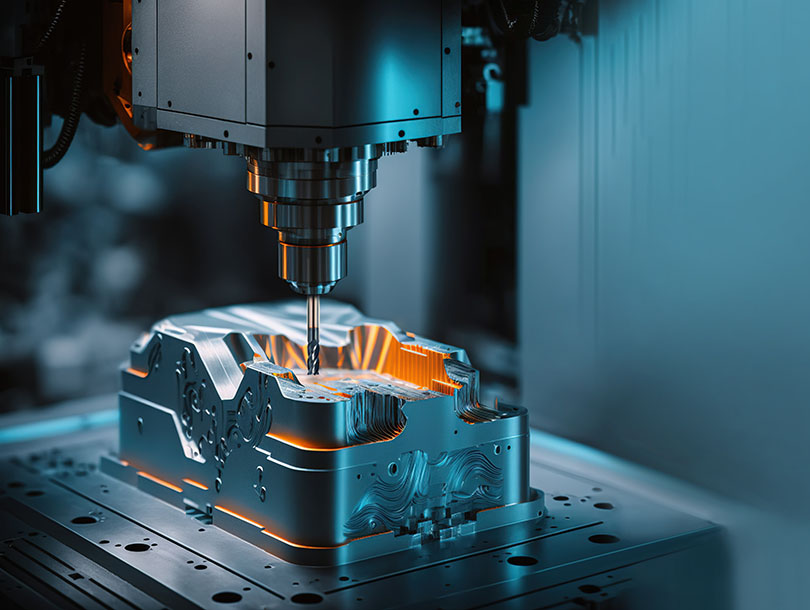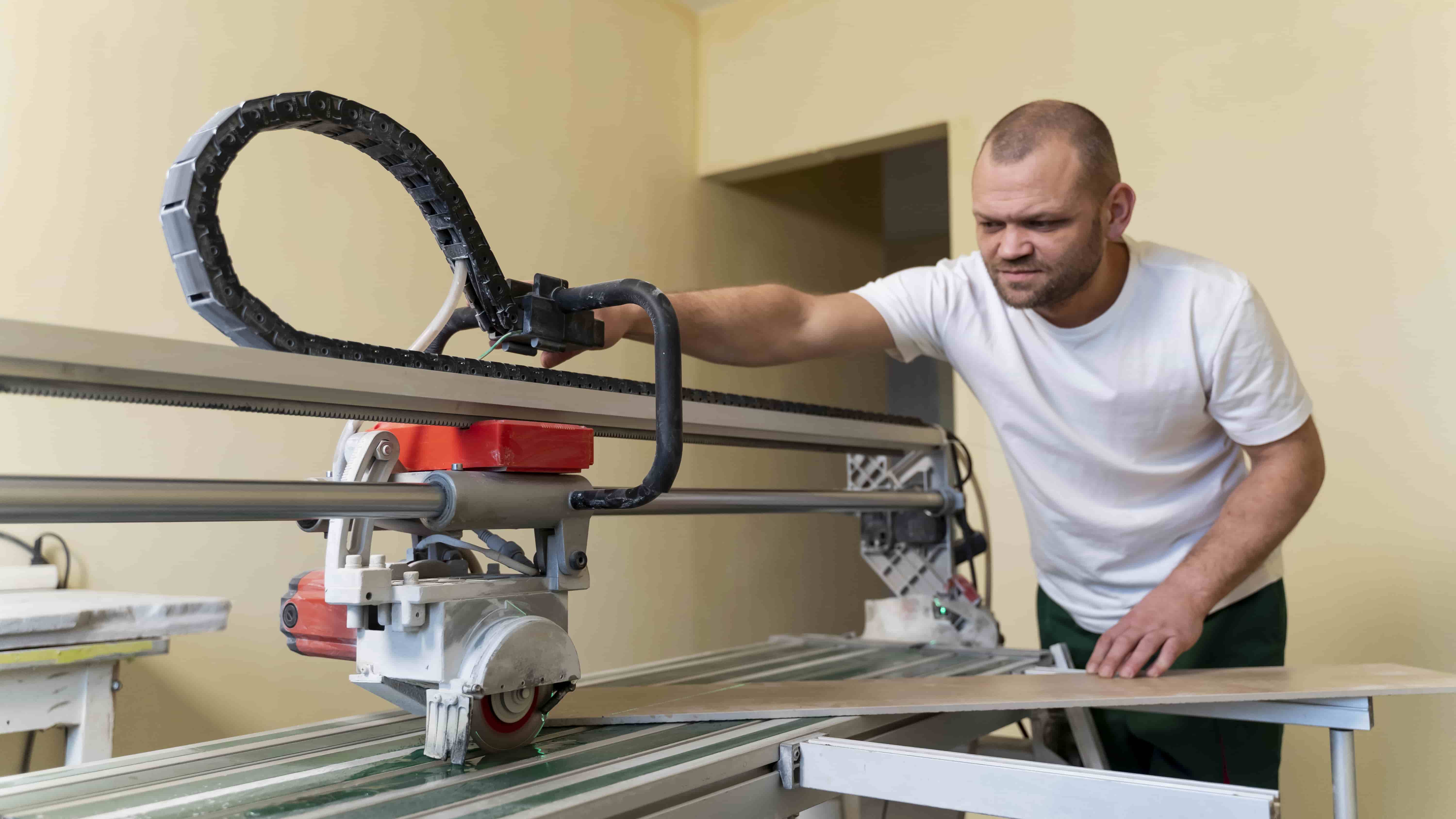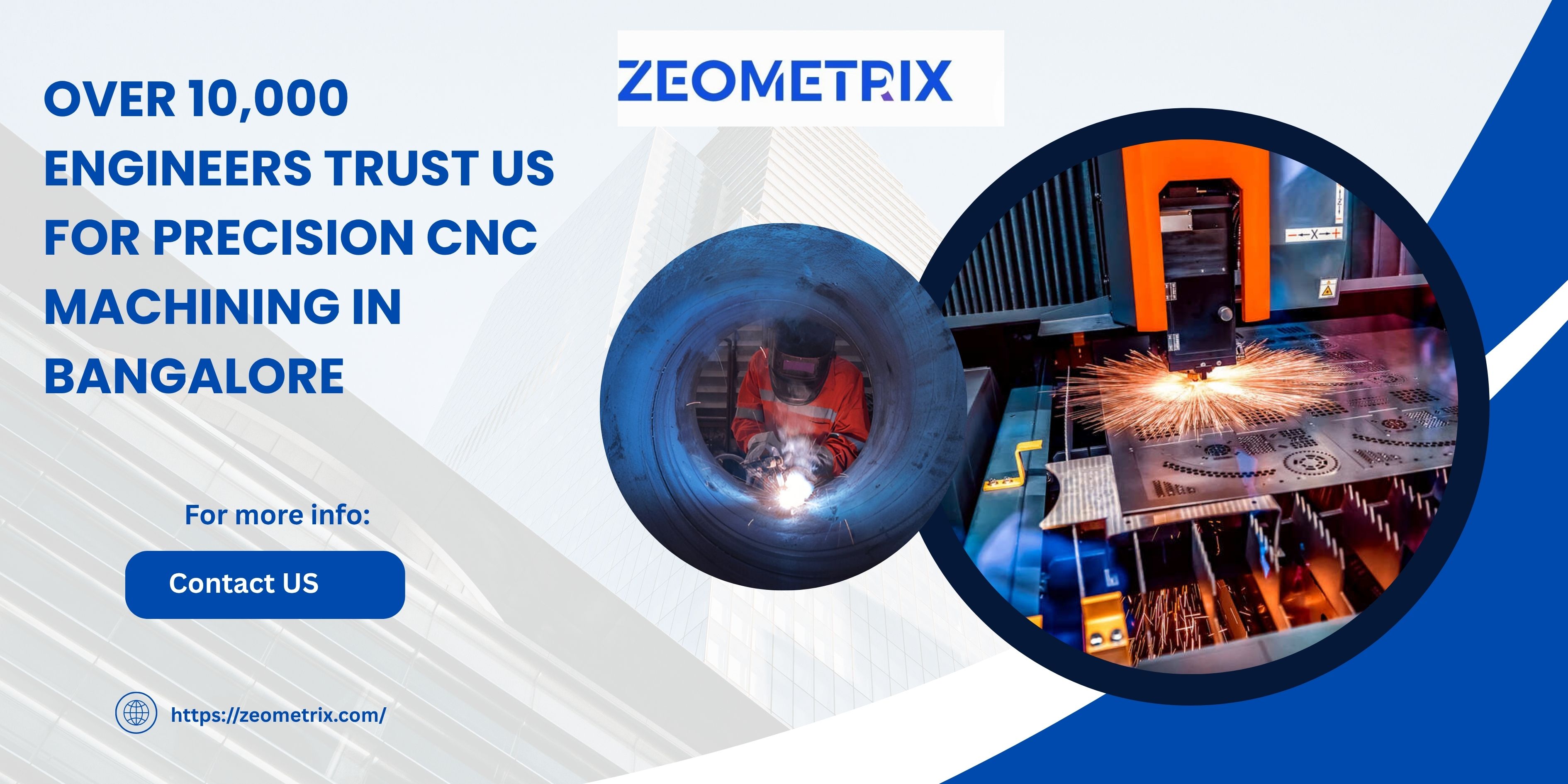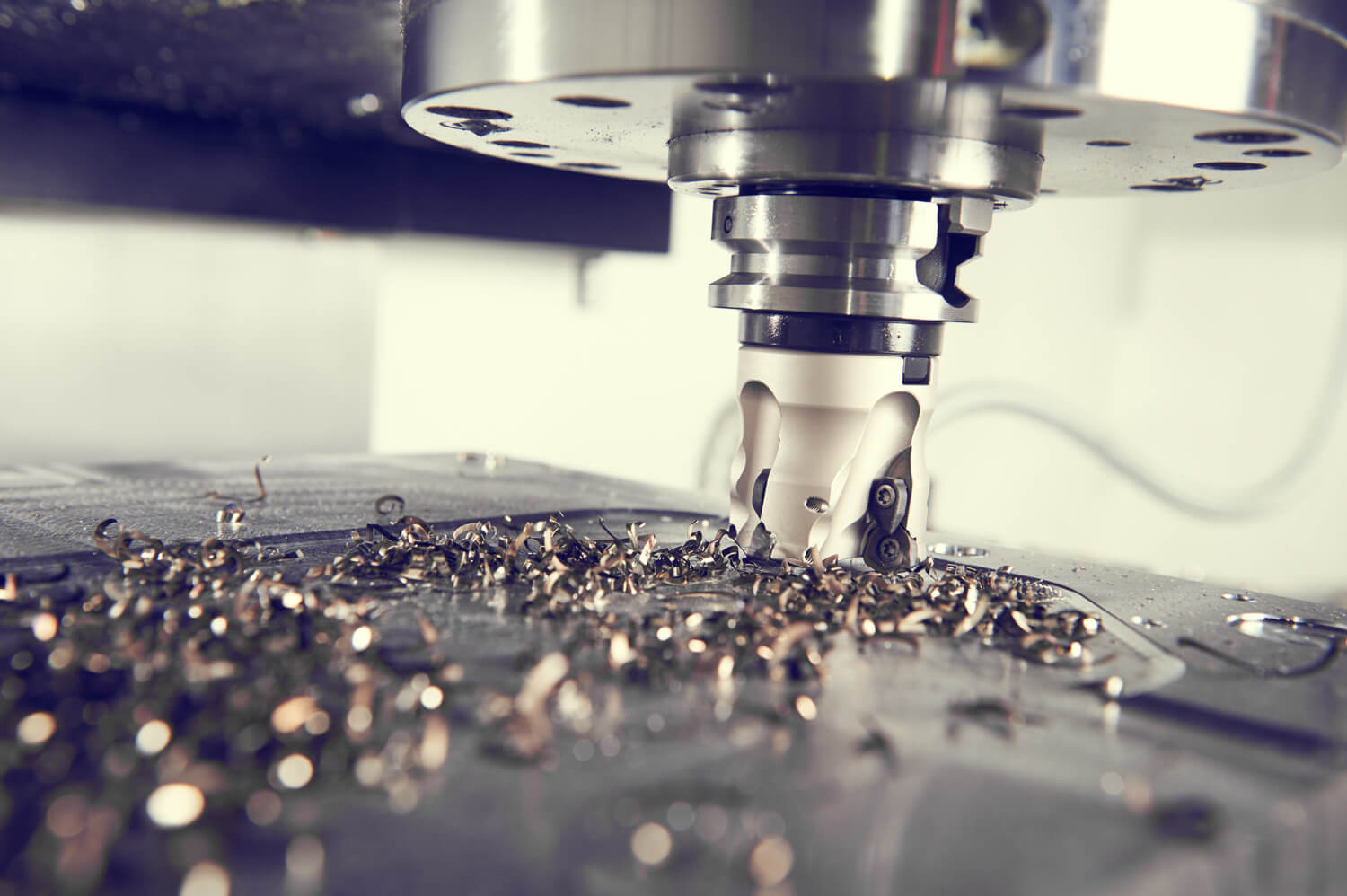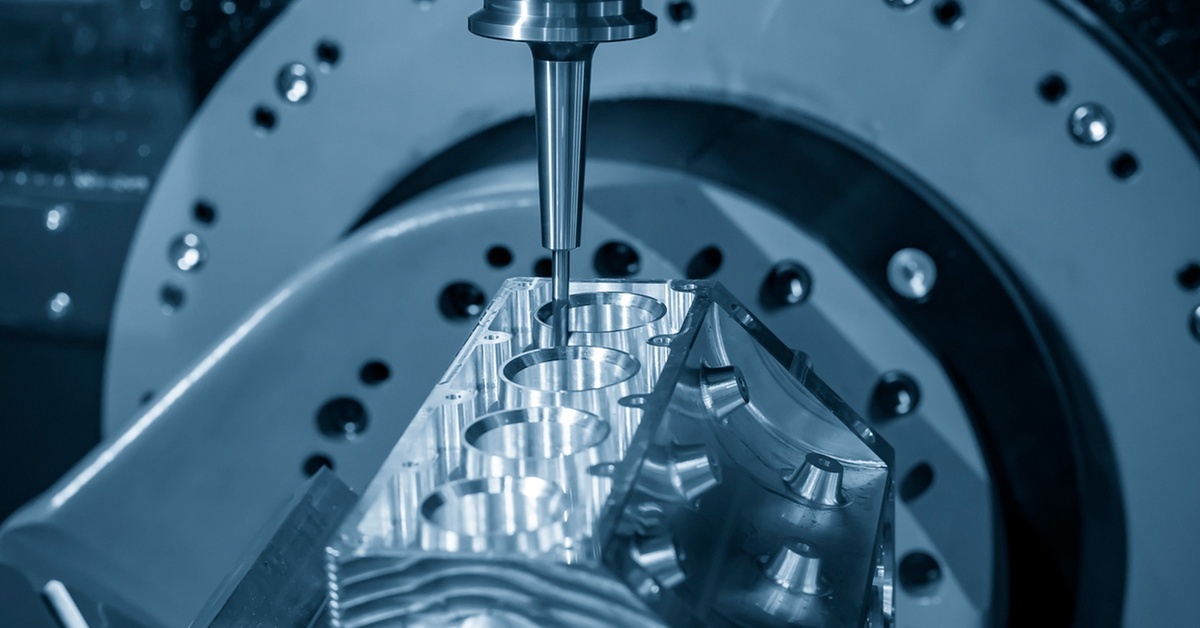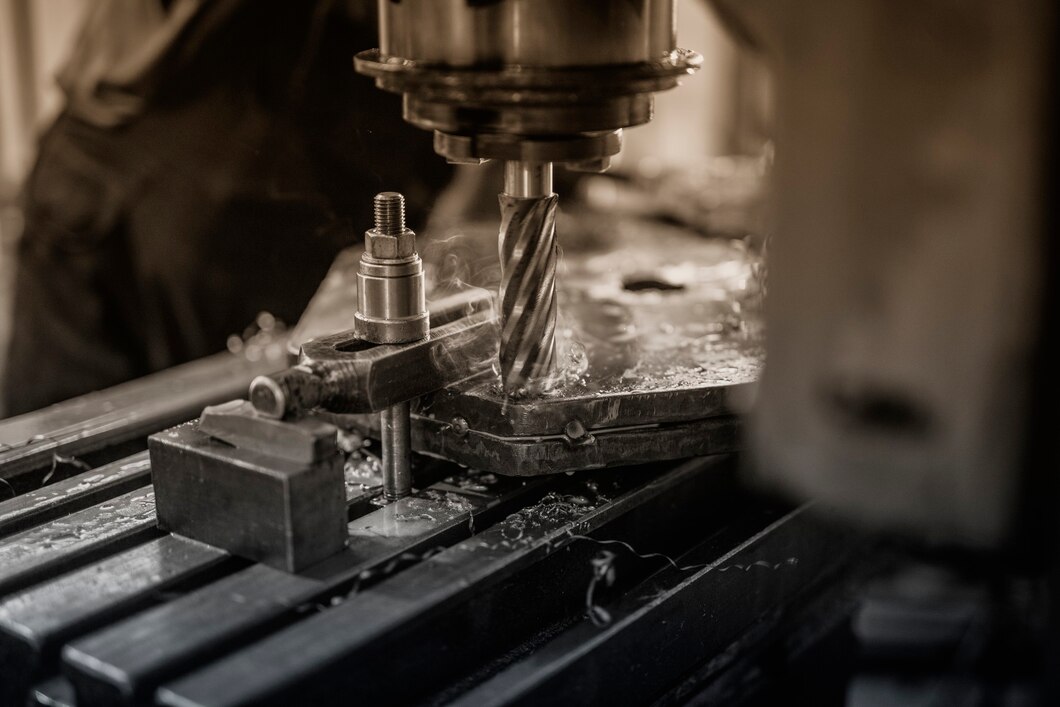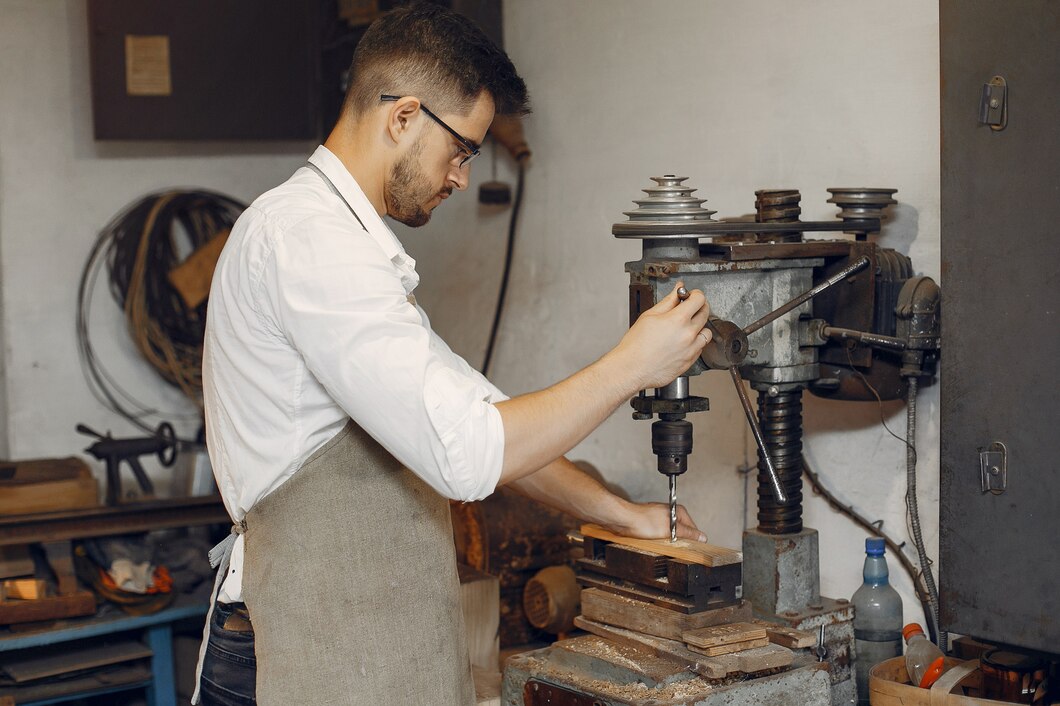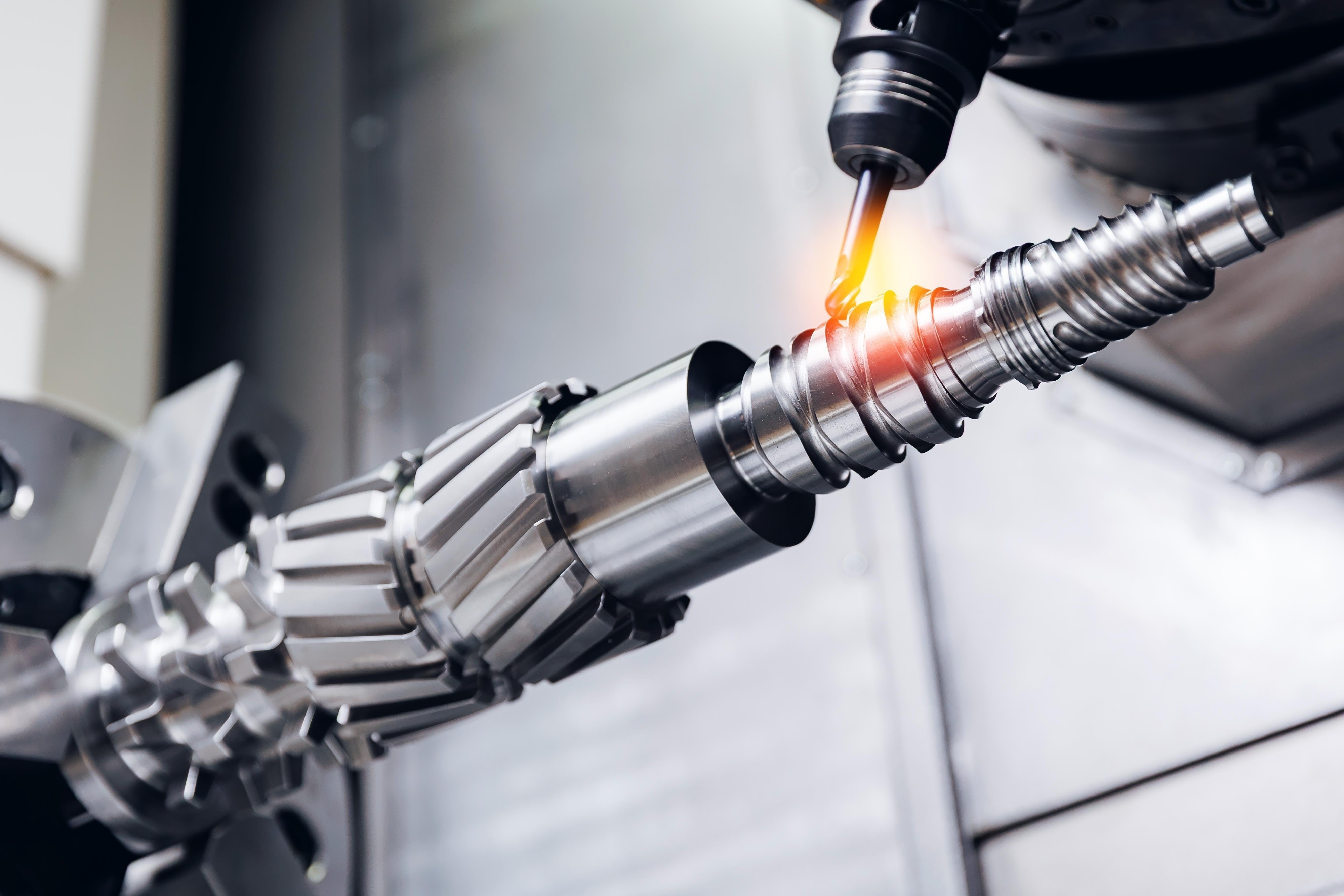Is Investing in a CNC Machine in Banglore Worth It for Your Business?
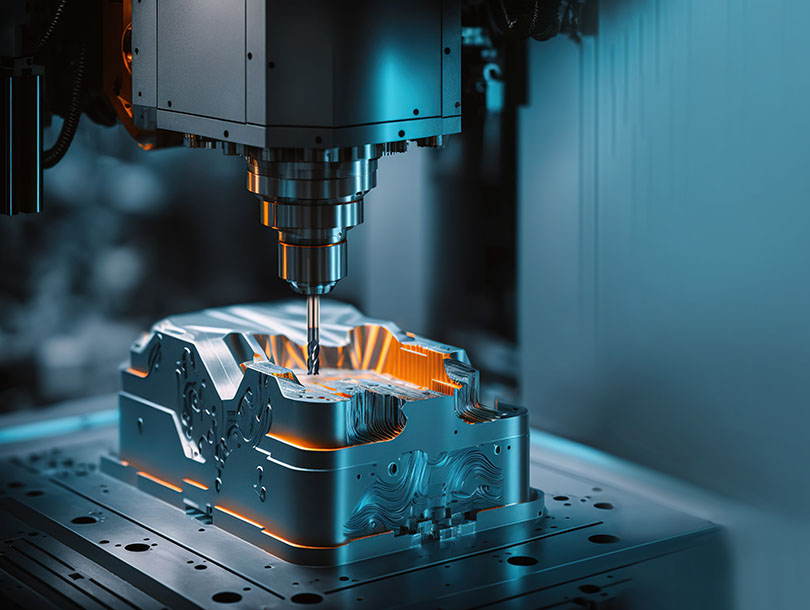
In today’s competitive manufacturing landscape, businesses are constantly seeking ways to improve efficiency, reduce costs, and deliver higher quality products. One technology that has revolutionized manufacturing processes over the past few decades is Computer Numerical Control (CNC) machining. But for many small to medium-sized businesses, the question remains: Is investing in a CNC machine in Banglore really worth it?
In this blog post, we’ll explore the benefits, costs, and practical considerations involved in acquiring a CNC machine, helping you make an informed decision for your business.
What is a CNC Machine?
Before diving into the investment aspect, it’s essential to understand what a CNC machine is and how it functions.
A CNC machine in banglore is a computer-controlled device used to cut, carve, mill, or engrave materials with high precision. Unlike manual machining, CNC machines follow programmed instructions to perform tasks automatically, ensuring consistency and accuracy with minimal human intervention.
CNC machines come in various forms — milling machines, lathes, routers, plasma cutters, and laser engravers — each suited for different manufacturing needs. They can work with a range of materials, including metals, plastics, wood, and composites.
Benefits of Investing in a CNC Machine
1. Increased Precision and Consistency
One of the primary advantages of CNC machining is its ability to produce highly precise parts with consistent quality. This precision reduces human error, resulting in fewer defective products, less waste, and higher customer satisfaction.
For businesses producing complex or intricate components, CNC machines provide the level of detail and repeatability impossible to achieve manually.
2. Enhanced Productivity and Efficiency
CNC machines operate continuously and require minimal supervision, allowing businesses to produce parts faster than manual machining processes. The automation speeds up production, shortens lead times, and increases throughput.
Additionally, CNC machines can run overnight or during weekends, maximizing machine utilization and reducing downtime.
3. Flexibility in Production
With CNC machining in Banglore, you can easily switch between different products or designs by simply loading new software programs. This flexibility is especially valuable for businesses working on custom projects or short production runs.
It allows companies to respond quickly to market demands and customize products without significant retooling costs.
4. Reduced Labor Costs
Although CNC machines require skilled operators and programmers, they reduce the need for manual labor during the production process. This automation can lead to significant savings on wages and reduce the risk of workplace injuries associated with manual machining.
5. Competitive Advantage
Incorporating CNC technology can position your business as a leader in quality and innovation. It allows you to meet higher standards, deliver products faster, and reduce costs — all of which appeal to clients and partners.
Costs to Consider
While the benefits of CNC machining are compelling, it’s crucial to assess the costs involved to determine if the investment makes sense for your business.
1. Initial Purchase Price
CNC machines vary widely in price based on their type, size, capabilities, and brand. Entry-level desktop CNC machines suitable for small workshops may start around $2,000 to $5,000, while industrial-grade machines can cost anywhere from $50,000 to over $500,000.
2. Installation and Setup
Setting up a CNC machine requires space, proper electrical infrastructure, and possibly ventilation or dust extraction systems. These additional costs can add up, especially if your facility needs upgrades.
3. Training and Staffing
To operate CNC machines effectively, you’ll need skilled operators and programmers. Training existing employees or hiring new talent may require significant investment.
Additionally, CNC programming skills can be specialized, meaning wages for such personnel may be higher.
4. Maintenance and Repairs
CNC machines require regular maintenance to keep them running smoothly. Maintenance costs include lubrication, calibration, software updates, and occasional repairs. Neglecting maintenance can lead to costly breakdowns and downtime.
5. Software and Licensing
Most CNC machines use CAD (Computer-Aided Design) and CAM (Computer-Aided Manufacturing) software to create programs for machining. These software packages can be expensive and often require annual licenses or subscriptions.
Is CNC Machining a Good Fit for Your Business?
To determine if a CNC machine investment is right for your business, consider the following factors:
1. Volume and Complexity of Production
If your business produces large volumes of parts or complex designs requiring high precision, CNC machining is likely a valuable investment. The machine’s efficiency and accuracy can significantly reduce production costs and time.
However, if you only produce a few simple parts occasionally, manual machining or outsourcing might be more cost-effective.
2. Customization and Prototyping Needs
Businesses that offer customized products or rapid prototyping benefit from CNC machines’ flexibility. You can quickly modify designs and produce prototypes without incurring high tooling costs.
3. Cost-Benefit Analysis
Perform a thorough cost-benefit analysis. Compare the total cost of purchasing and operating a CNC machine with the expenses of outsourcing machining services or continuing manual processes.
Factor in savings from reduced labor, faster turnaround, higher quality, and increased customer satisfaction.
4. Space and Infrastructure
Ensure your facility can accommodate the machine in terms of space, power requirements, and safety regulations.
5. Long-Term Growth Plans
If your business plans to scale or diversify product offerings, investing in CNC technology now can prepare you for future growth.
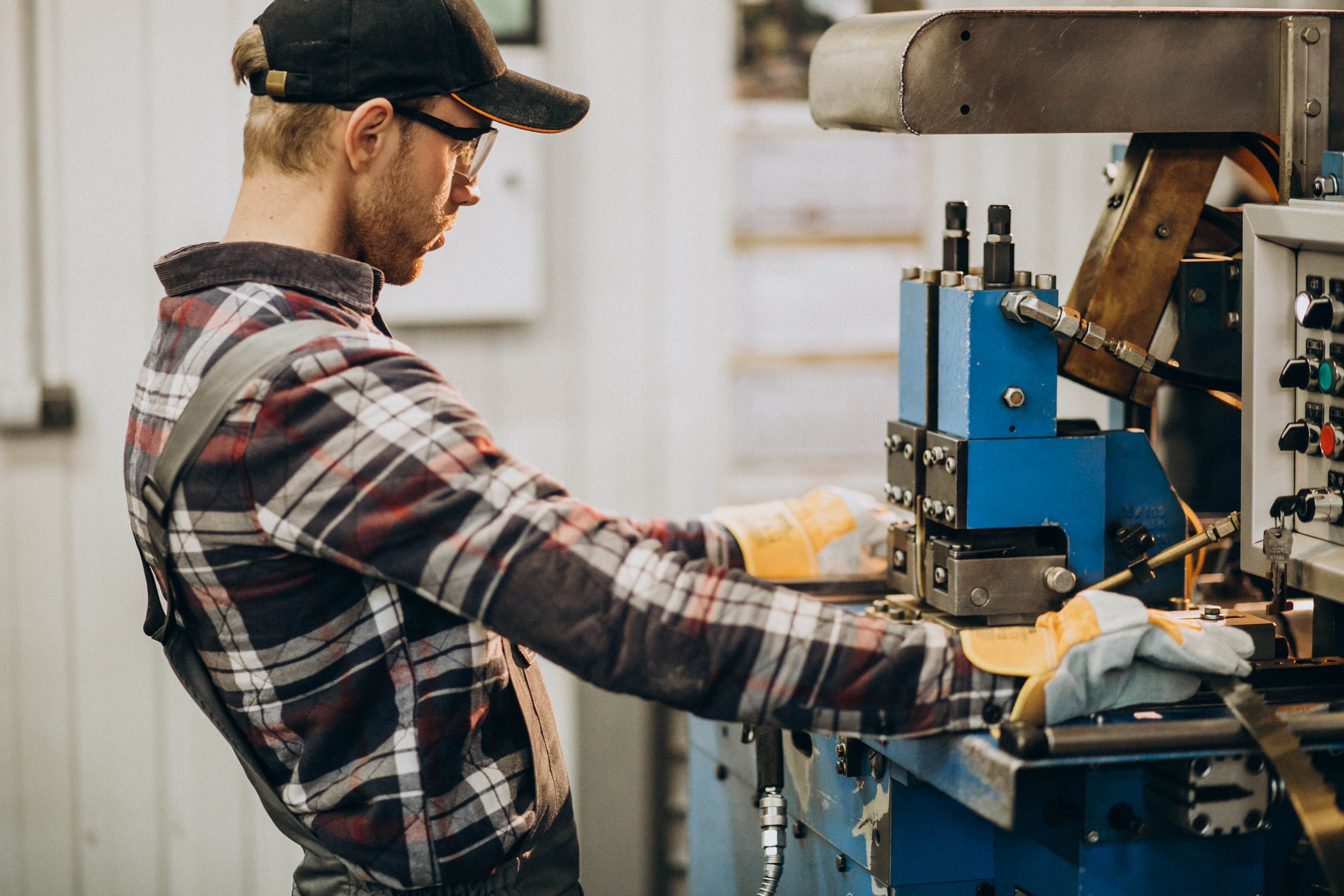
Alternatives to Buying a CNC Machine
If the upfront costs or operational challenges of owning a CNC machine seem daunting, consider these alternatives:
1. Outsourcing CNC Machining
Many companies specialize in CNC machining services. Outsourcing allows you to access high-quality machining without the capital investment.
However, it may result in longer lead times, less control over production, and potentially higher per-unit costs.
2. Leasing or Financing CNC Machines
Leasing or financing can spread out the costs over time, making CNC machines more affordable. Leasing may also include maintenance services, reducing operational headaches.
3. Using CNC Services Hubs or Makerspaces
Some communities have makerspaces or service hubs that offer CNC machine access on a pay-per-use basis. This is ideal for small businesses or startups needing occasional machining.
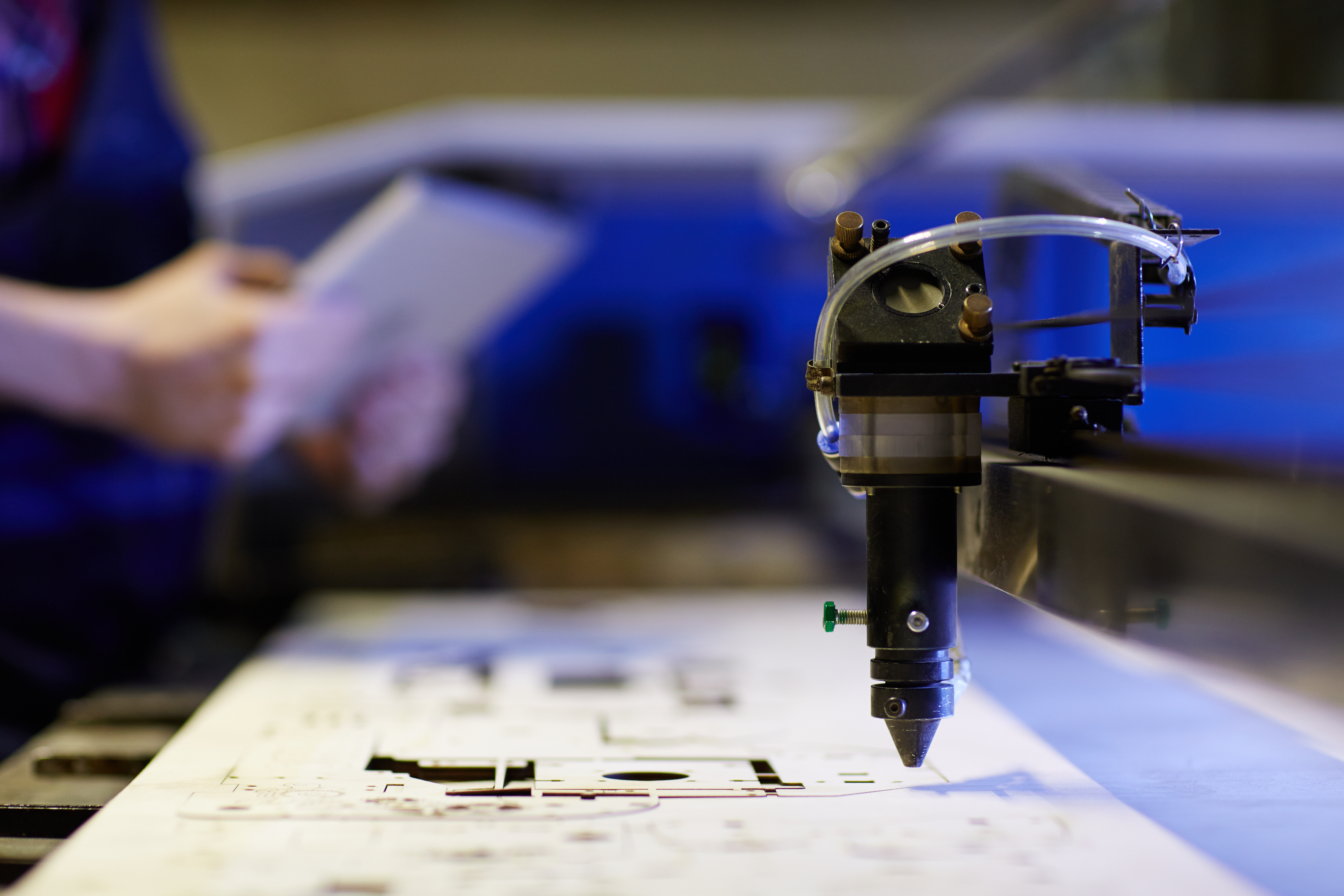
Conclusion
Investing in a CNC machine in Bangalore can be a game-changing decision for many businesses. The city offers the right blend of industrial infrastructure, skilled manpower, demand potential, and vendor ecosystem to make such an investment viable.
However, it’s not a one-size-fits-all solution. Consider your production volume, budget, in-house expertise, and growth vision before making the leap. If your business aligns well with the operational demands of CNC, then Bangalore might just be the perfect place to make that investment work.
